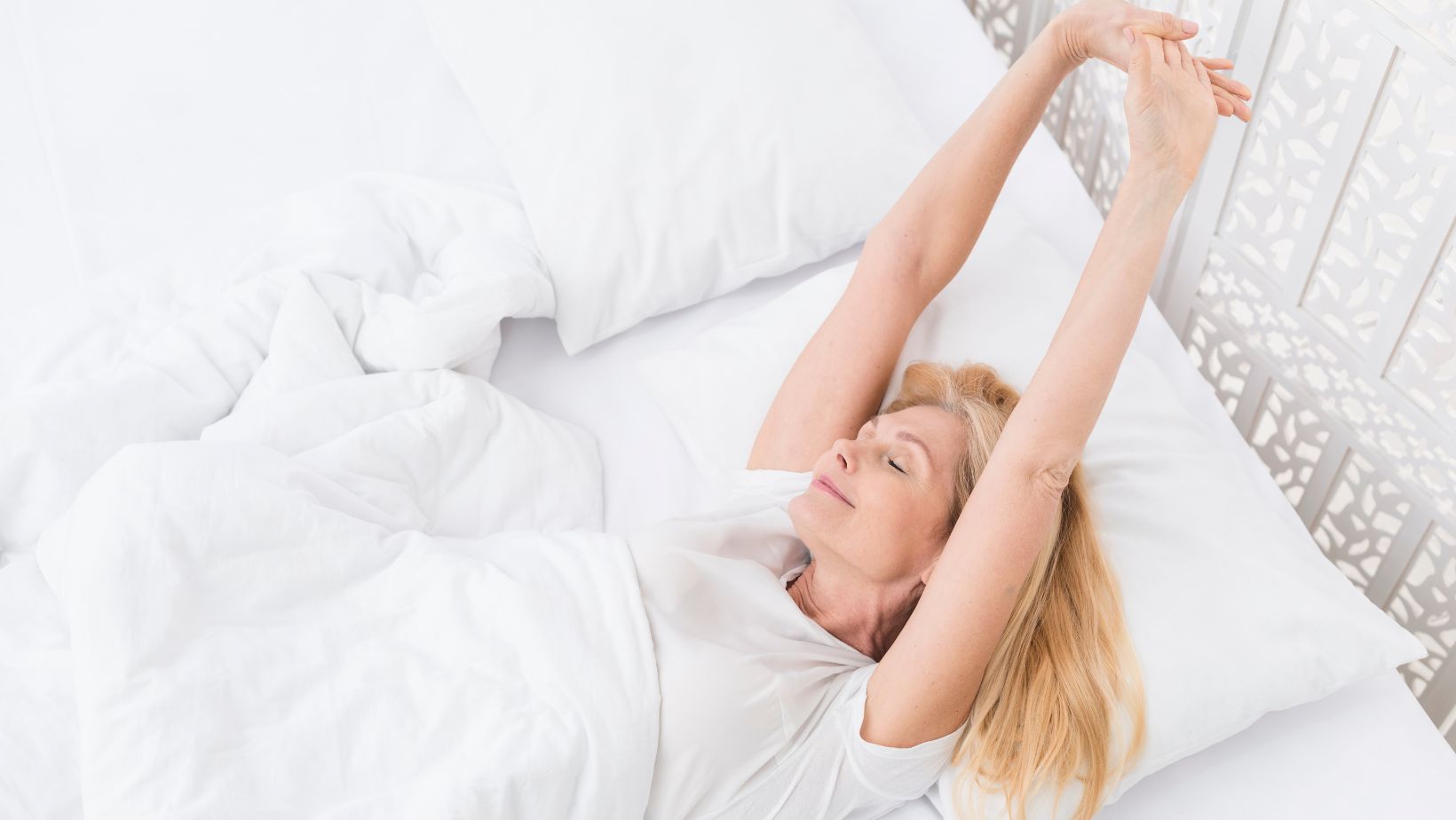Ultimate 10 Practical Tips to Improve Sleep

A proper night’s sleep is necessary for good physical and mental health. It ensures we are well rested, lifting moods and reducing anxiety. But, most importantly, it provides you with the energy to tackle each day like a champion. Unfortunately, some of us struggle to fall asleep and stay asleep. Here are a few tips that can help overcome these struggles.
1. Stick to Sleep Schedule
The easiest way to improve sleep is to create a sleep schedule and stick to it. Strive to go to bed and wake up at the same time every day. This level of consistency will help train your body’s internal clock (circadian rhythm), making it easier to fall asleep and wake up naturally.
2. Create a Restful Environment
Creating a restful environment involves various things, including controlling light, managing noise and investing in comfortable bedding. Start by giving your bedroom a “restfulness audit,” then identify and fix things that might be hurting your sleep. For example, if your mattress is a little worn or too firm for your liking, you can invest in queen size mattress toppers to boost comfort.
3. Reduce Blue Light Exposure Close to Bedtime
Blue light from phones, TVs and computers can suppress melatonin production (a hormone that helps you sleep). So, try your best to avoid device use too close to bedtime.
4. Create a Wind-down Routine
To replace screen time, you should create a wind-down routine that helps relax your body. A typical one includes activities like reading, light stretching and journaling. You can add anything into your routine as long as it is calming and signals your brain that it is time to slow down.
5. Reduce Caffeine and Nicotine Intake Close to Bedtime
Stimulants like caffeine and nicotine can keep your system alert for 6-8 hours. So, having a cup of coffee or a cigarette too close to bedtime can make it harder to fall asleep and stay asleep.
6. Limit Bed Use During the Day
Avoid eating, working or watching TV in your bed during the day. This helps train your brain to link your bed with sleep, making it easier to fall asleep and have a restful night.
7. Exercise Regularly
Exercising regularly can also help you sleep better by reducing stress and using up your physical energy. However, avoid intense workouts too close to bedtime as they increase your heart rate and body temperature.
8. Try a Warm Shower Before Bedtime
Another great way to sleep better is to take a warm shower or bath just before bedtime. The warmth will help your muscles relax, making you feel a little drowsy and in better shape to fall asleep. It works exceptionally well when combined with other bedtime routines.
9. Manage Stress
Stress can make it really difficult for you to fall asleep. That is because it keeps your mind racing with endless thoughts about the particular situations you are in. So, try to reduce stress through techniques like meditation, deep breathing and progressive muscle relaxation.
10. Limit Alcohol Intake Late in the Evening
It is true that alcohol can make you feel drowsy and sleepy at first. However, it can disrupt your ability to sleep more deeply (restorative sleep). But a glass or two of wine after an early dinner will not hurt your sleep; excessive drinking is what you should avoid.
In order to sleep better, you need to build healthy, consistent habits, such as a regular bedtime and limiting stimulant intake. What other tips do you have in mind?
What's Your Reaction?
Gregory is a website manager who loves reading books, learning languages and traveling. He's always been fascinated by different cultures, and has spent years studying different languages in order to be able to communicate with people from all over the world. When he's not working or traveling, he enjoys relaxing at home with a good book.



